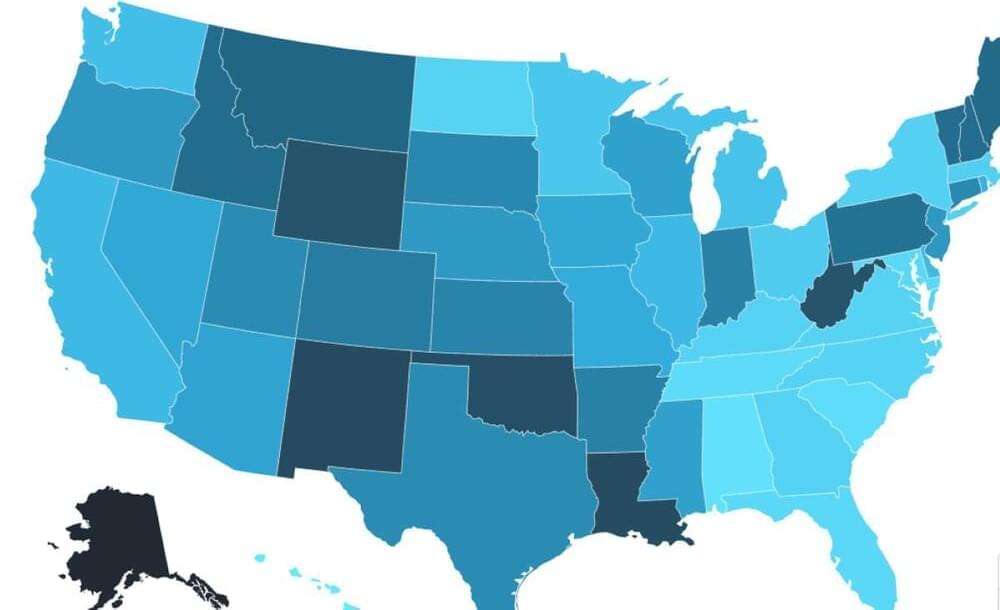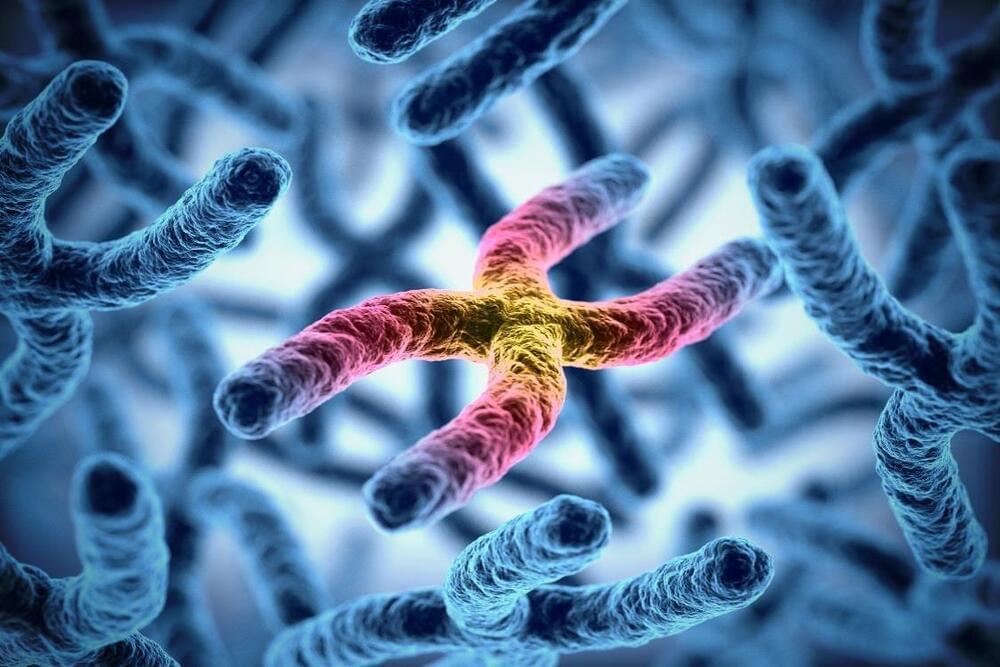Future missions to Mars were not ruled out, though the scientists said that measures to protect the kidneys would need to be developed to avoid serious harm to astronauts. Methods of recovery could also be introduced onboard spacecraft, such as dialysis machines.
“We know what has happened to astronauts on the relatively short space missions conducted so far, in terms of an increase in health issues such as kidney stones,” said Dr Keith Siew, first author of the study from the London Tubular Centre, based at the UCL Department of Renal Medicine.
What we don’t know is why these issues occur, nor what is going to happen to astronauts on longer flights such as the proposed mission to Mars. If we don’t develop new ways to protect the kidneys, I’d say that while an astronaut could make it to Mars they might need dialysis on the way back.







